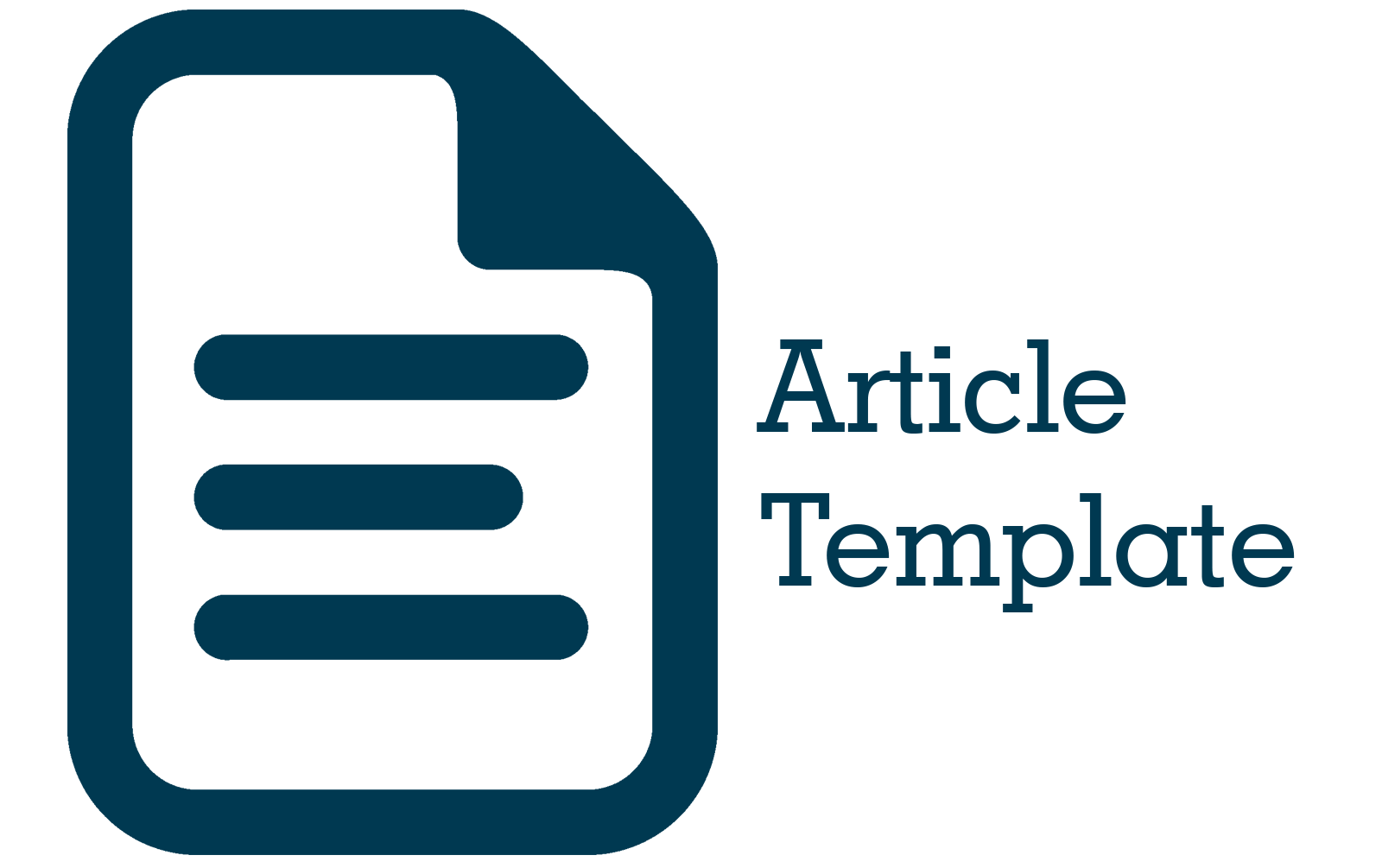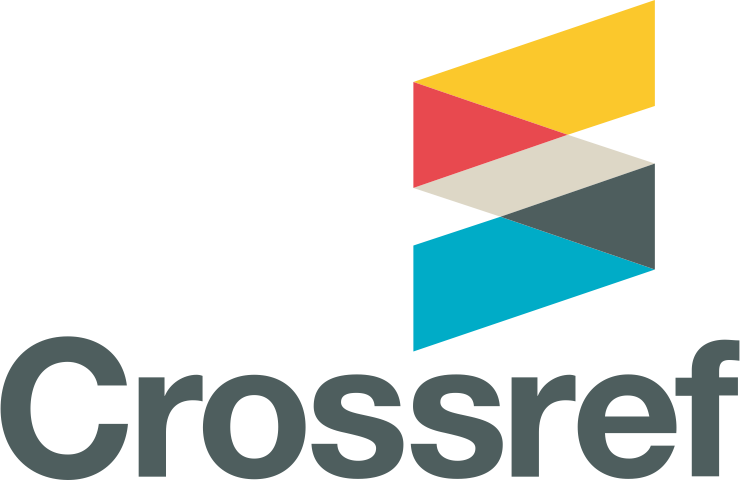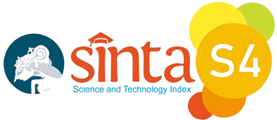SISTEM LEGALISIR SCAN IJASAH ONLINE BERBASIS QR CODE DAN WATERMARKING
DOI:
https://doi.org/10.33633/tc.v14i1.702Abstract
Dokumen ijasah memiliki arti penting bagi pemiliknya sebagai bukti seseorang telah menyelesaikan satu tahap studi yang ditempuh. Ijasah juga termasuk syarat utama ketika seseorang melamar kerja. Universitas Dian Nuswantoro (UDINUS) memerlukan sistem yang handal untuk mengelola legalisir ijasah dengan cara digital dan online. Meskipun unggul dalam penyimpanan, ijasah dalam bentuk digital dapat dimodifikasi dan disalahgunakan dengan mudah. Untuk itu, perlindungan terhadap legalisir ijasah digital sangat diperlukan untuk menghindari penyalahgunaan oleh pihak yang tidak berwenang. Metode verifikasi pertama adalah Quick Response (QR) Code. Metode kedua disebut watermarking. Hasil yang diperoleh menunjukkan, metode ini dapat diaplikasikan pada legalisir ijasah di lingkungan UDINUS untuk mempermudah pencarian data dan meminimalkan kemungkinan modifikasi dokumen ijasah digital. Kata Kunci: legalisir, ijasah, QR Code, watermarking.Downloads
Published
Issue
Section
License
Copyright (c) 2015 Erwin Yudi Hidayat, Fahri Firdausillah, Khafiizh Hastuti

This work is licensed under a Creative Commons Attribution-NonCommercial 4.0 International License.
License Terms
All articles published in Techno.COM Journal are licensed under the Creative Commons Attribution-NonCommercial 4.0 International (CC BY-NC 4.0). This means:
1. Attribution
Readers and users are free to:
-
Share – Copy and redistribute the material in any medium or format.
-
Adapt – Remix, transform, and build upon the material.
As long as proper credit is given to the original work by citing the author(s) and the journal.
2. Non-Commercial Use
-
The material cannot be used for commercial purposes.
-
Commercial use includes selling the content, using it in commercial advertising, or integrating it into products/services for profit.
3. Rights of Authors
-
Authors retain copyright and grant Techno.COM Journal the right to publish the article.
-
Authors can distribute their work (e.g., in institutional repositories or personal websites) with proper acknowledgment of the journal.
4. No Additional Restrictions
-
The journal cannot apply legal terms or technological measures that restrict others from using the material in ways allowed by the license.
5. Disclaimer
-
The journal is not responsible for how the published content is used by third parties.
-
The opinions expressed in the articles are solely those of the authors.
For more details, visit the Creative Commons License Page:
? https://creativecommons.org/licenses/by-nc/4.0/
















